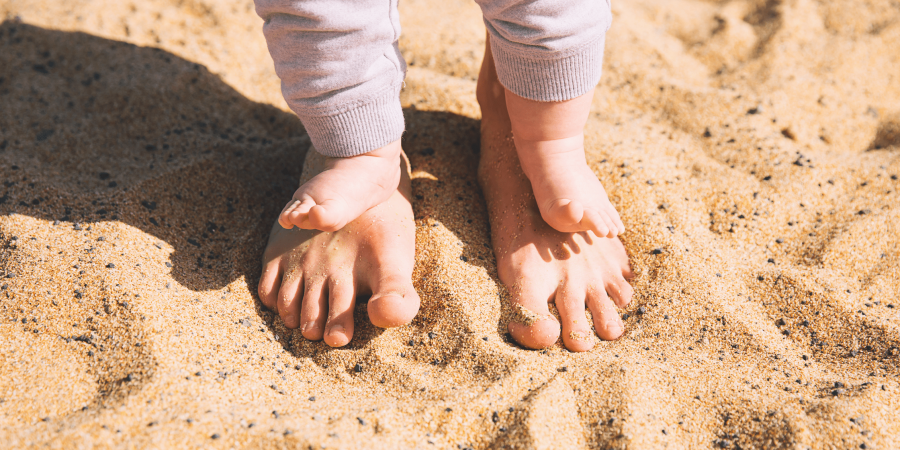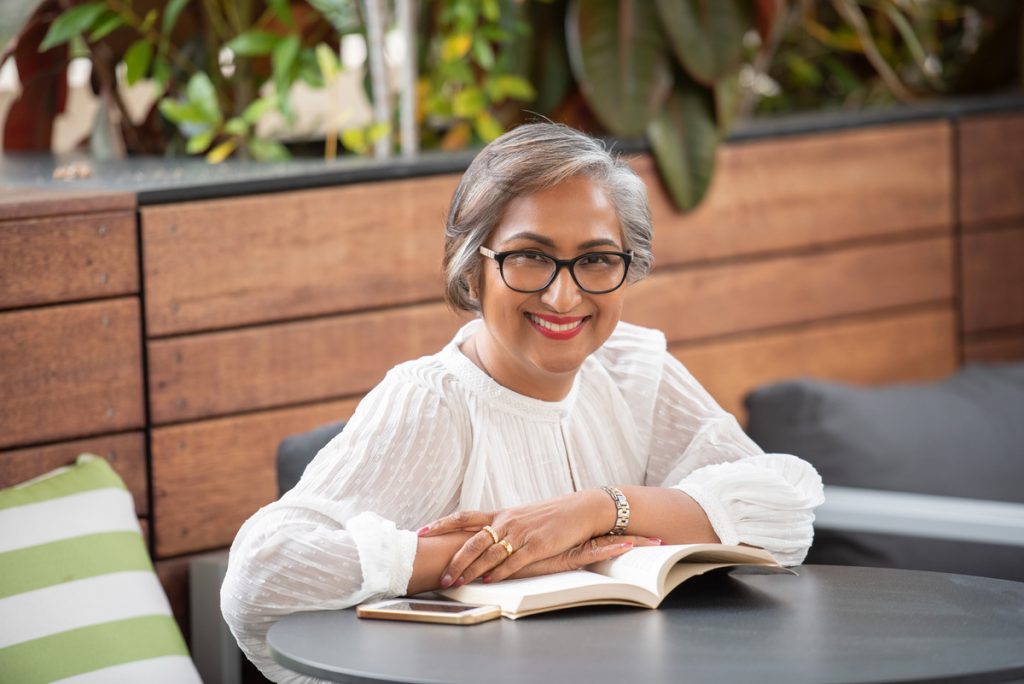
My son started his first professional job last month. It was a ‘proud mama’ moment – the intensity taking me by surprise.
I can still vividly remember his first day of Kindy. The predictable knock on the bedroom door at 6am, usually a request to come play Lego. But on this day, when I opened the door, he was fully dressed in his uniform (including his hat) with a big smile and a “I’m ready!”
Cliched as it sounds, the years have rushed past and in two weeks I will be sitting with other parents at his university graduation ceremony. Another ‘proud mama’ moment, I am sure.
As parents, we play a huge role in our kids’ learning and education. Choosing the school, the daily lunch-making grind, supervision of homework, attendance at parent-teacher meetings, subject selection and choosing of academic pathways. Sometimes it feels like it never ends….
But beyond these mundane things, parents have a much bigger role to play. Boldy, I would say that as parents, we are the primary educators of our children. Schools and teachers play a critical part, but what we do in our homes with our kids, can make or break their learning success.
My Think Savvy journey over the past five years has allowed me to gain some knowledge and insights which I wish I had when my son first knocked on my bedroom door at 6am on his first day of Kindy.
One of my key insights is that learning, for all of us, is a journey. In her book, “Mindset – Changing the way you think to fulfil your potential”, Carol Dweck of ‘growth mindset’ fame, provides a strong message that we are all developing beings who are in the process of becoming. This is especially true of our kids, who are just starting their learning journey. Instead of thinking of our child as someone who has pre-defined strengths, interests and intelligence, Dweck encourages parents to see their child as someone who has unknown and undefined potential – potential that is being constantly shaped by both effort and circumstance.
“Potential is being constantly shaped by both effort and circumstance”
Education is one process that allows us to “become” as we discover and develop our interests and strengths, and face and overcome our challenges.
When I reflect on my own experience, I feel there are three key roles that parents play during their child’s learning journey through school:
These roles are not linear, but loop back and around, as our kids progress from Kindy through to Year 12.
The role of ‘lead and enthuse’ is best started early, when our kids are first starting school (or even beforehand). Encouraging our kids to see school as an opportunity to discover, learn and grow, helps them to be curious, take on challenges and deal with setbacks. These characteristics are crucial as our kids travel through to high school and beyond.
As parents, we have the opportunity to:

Learning requires effort, but is not rocket science. Research suggests there are mindsets we can develop, strategies we can apply and tools we can use to help us learn at our best. The secret to learning effectively is to work with your brain, not against it. Many of our kids struggle more than they should, simply because they don’t know how to study.
As parents, we have the opportunity to:
“The secret to learning is to work with your brain, not against it”

Allowing our kids to take ownership of their learning is important from the get-go. How this looks in practice evolves as our kids develop, but by mid to late high school this may mean stepping back and letting our kids take the lead. Having a sense of control can help our kids manage stress, be more motivated and achieve a greater level of success.
As parents, we have the opportunity to:

As parents we are partners on our kids’ learning journey. There are highs and lows, laughter and tears, times of certainty and times of doubt. So wherever your child is on their learning journey, good luck for 2021!
